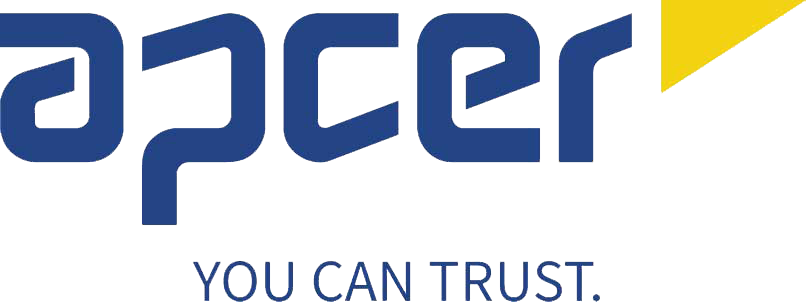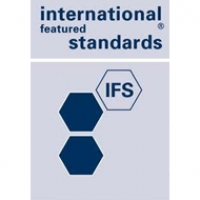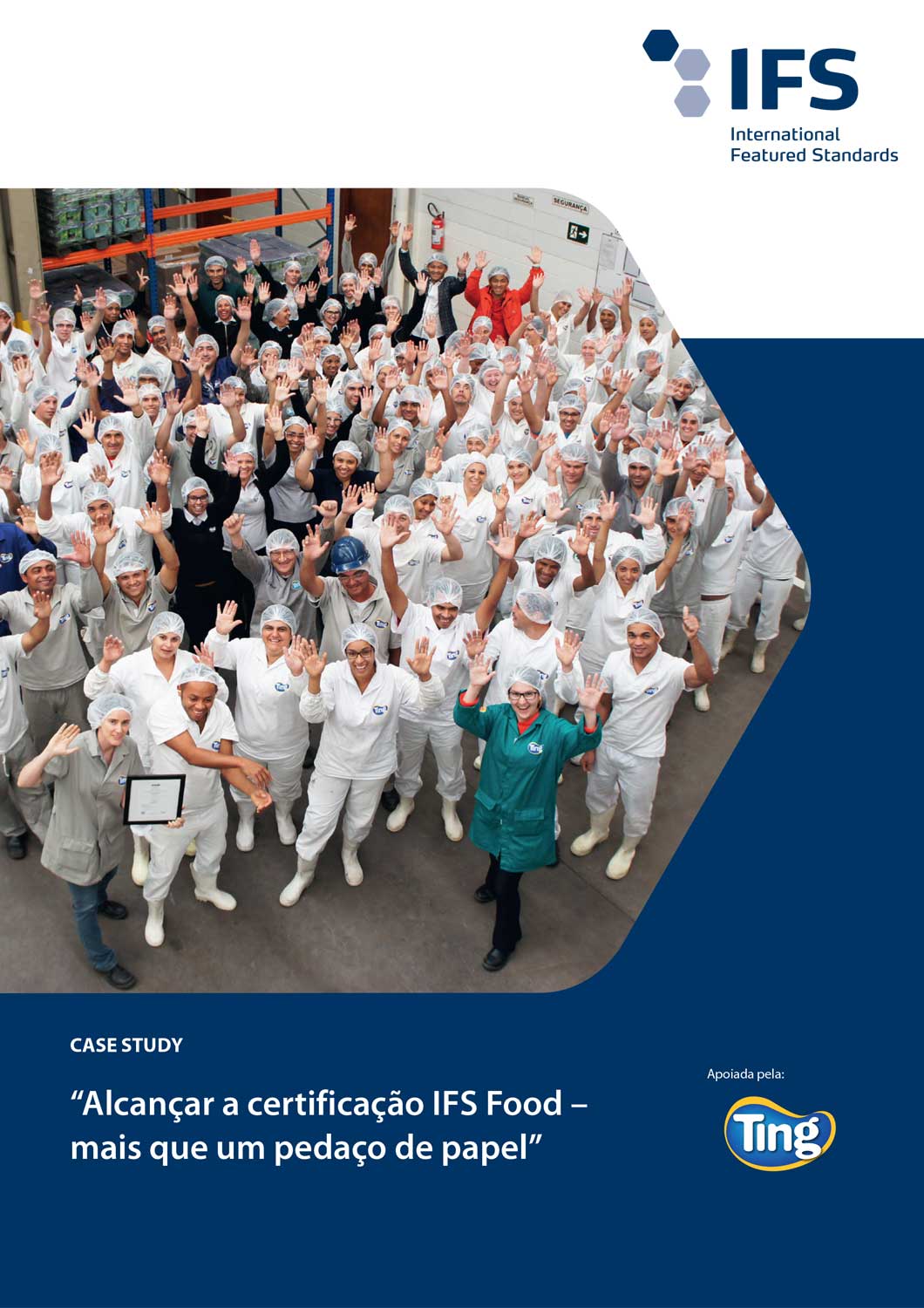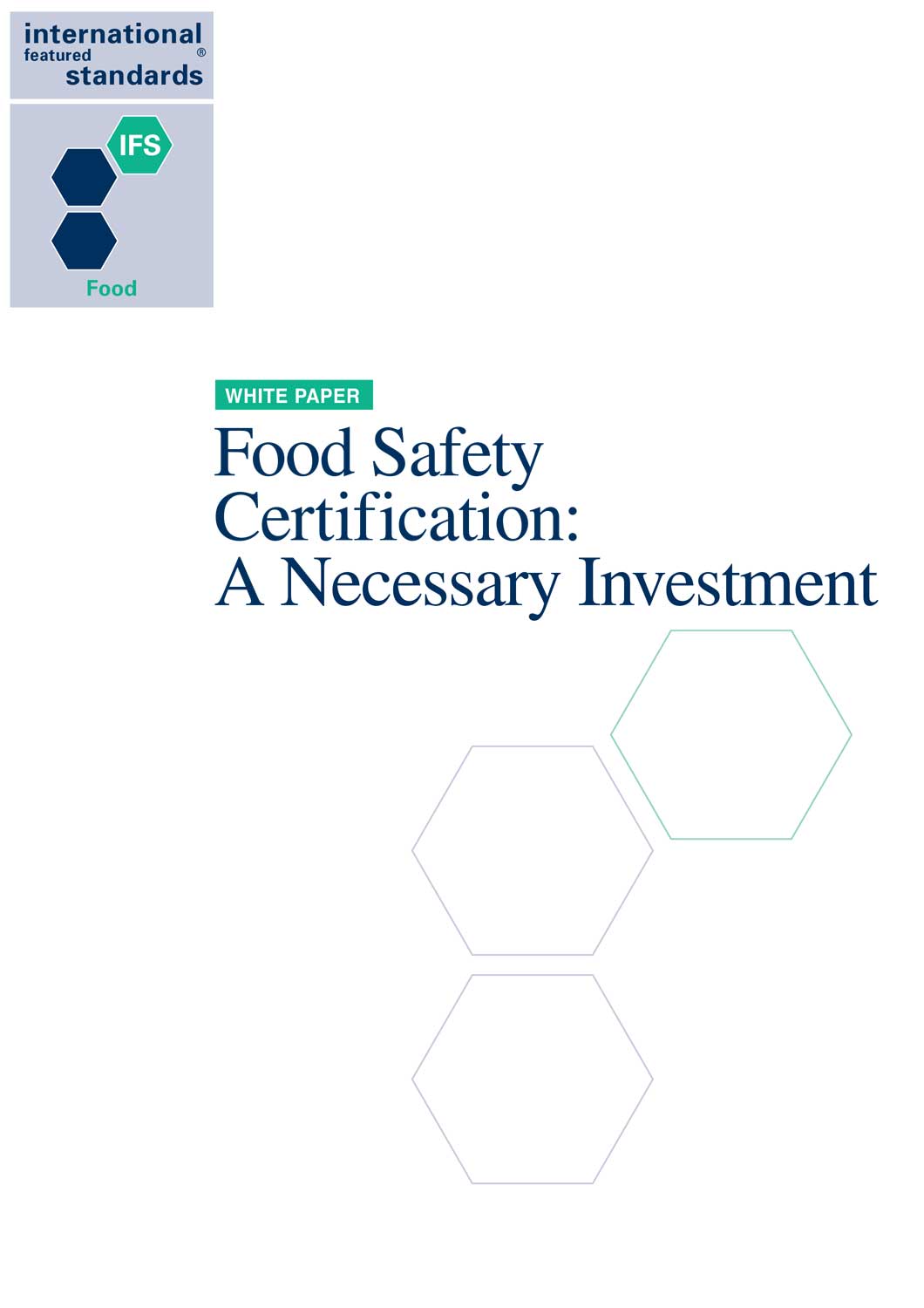IFS (International Featured Standards) standards are developed for all stakeholders and interested parties involved in the supply chain who want to guarantee the quality and safety of food and non-food products or related services.
These standards drive compliance with legal requirements for product safety, provide common and transparent standards for suppliers, and provide a concrete response to customer expectations.
APCER provides certification in accordance with the following IFS standards:
The IFS Food standard applies to all organizations that process food or applies when there is a potential risk of product contamination during the packaging process.
IFS Food defines requirements for organizations that want to stand out through excellence in quality, food safety and customer satisfaction. This standard is aimed at the agri-food industry, particularly suppliers of own brands, as it includes various requirements on compliance with customer specifications.
When an organization that manufactures food products has its own logistics service, it can respond via IFS Food in the specific sub-chapter on transportation and storage.
The IFS Logistics standards are applicable to all the logistics activities of foods and non-food products, such as transportation, storage, distribution, loading and unloading, whether in the form of bulk transportation or in the form of products that have already been packed. The standard can be applied to all types of transport: heavy-duty vehicles, trains, ships, planes and other types of transport (with a controlled temperature or at room temperature).
When an organization that manufactures food products has its own logistics service, it can respond via IFS Food in the specific sub-chapter on transportation and storage. Whenever logistics are subcontracted, IFS Logistics should apply.
The main advantage of IFS Logistics certification is being able to prove to distributors/retailers and producers that transportation, storage and distribution are carried out in such a way as to ensure the quality and safety of products for the consumer.
The IFS Broker standard applies to all organizations involved in commercial activities – intermediaries and importers – that are responsible for the purchasing process, namely supplier selection, and for the delivery of products to customers, and which do not have physical storage, loading and unloading, or distribution facilities.
IFS Broker is based on IFS Food and defines requirements so that organizations can implement appropriate measures in their processes to ensure that suppliers operate in accordance with food quality and safety requirements, and to ensure that supplied products comply with applicable legal and contractual requirements.
The main advantage of IFS Broker certification is being able to ensure that the organization controls its suppliers and associated processes to guarantee the supply of safe and quality products.
FS Wholesale / Cash & Carry Standard was developed to optimize the audit procedures of wholesalers and cash & carry markets. These two distinct types of businesses are seen as important connectors between producers and converters as well as commercial clients. Besides a wide range of traded products, they can also carry out certain treatment and/or processing activities and develop own brands. Depending on the core business of the company, a taylor made checklist applies, either for Wholesale or Cash & Carry.
IFS Wholesale/Cash & Carry provides the ability to attain multi-site certification, for sites and markets with similar activities, under specific conditions.
Certification according to IFS standards is a service provided via the Quality Austria partnership under its accreditation.
For services carried out under Quality Austria (QA) accreditation, the handling of complaints and appeals follows the procedures defined exclusively by this entity. If you wish to submit an appeal or a complaint related to activities certified under QA accreditation, you should consult the corresponding process on the Quality Austria website through this link. The information provided by QA outlines in detail the steps, responsibilities, and the principles of confidentiality and impartiality applied.

















